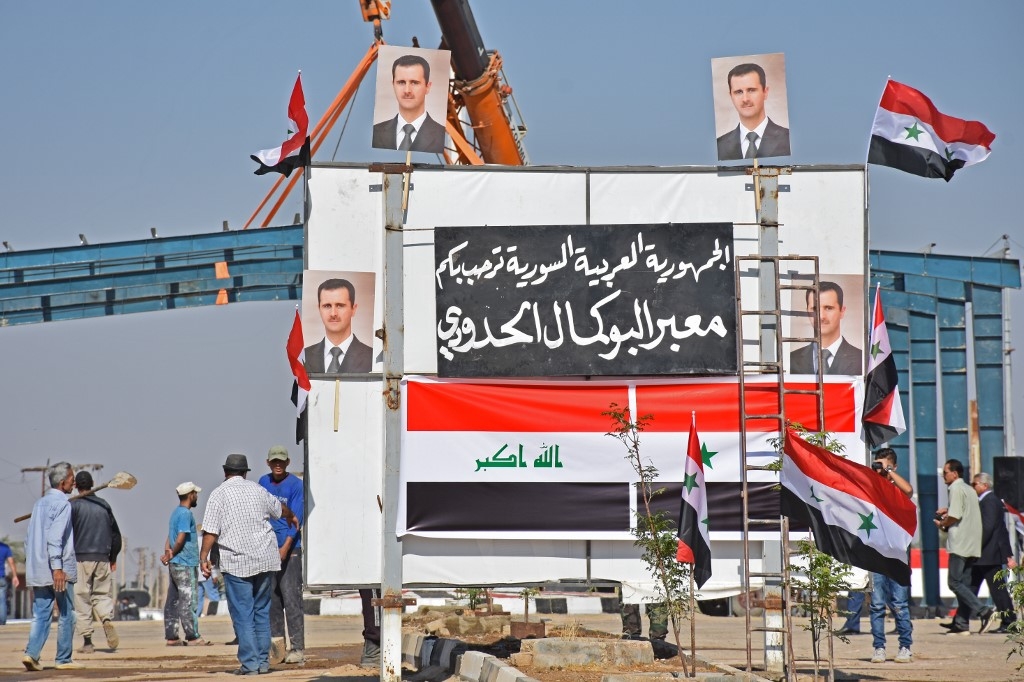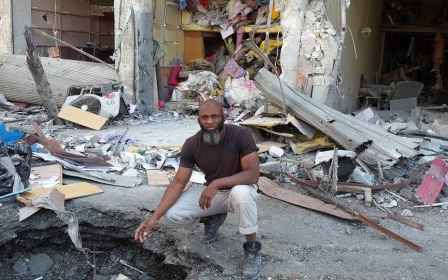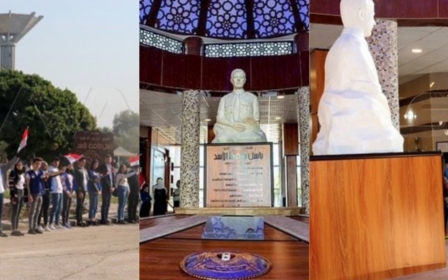Iran vows 'crushing response' to Israel as air strikes kill militiamen

Iran has vowed to respond to Israeli "hit and run" air strikes after 14 pro-Iran militia fighters were killed in Syria.
Fighters from Iran and Afghanistan were hit by more than 10 strikes on Saturday night in Deir Ezzor province, on the border with Iraq, according to war monitor Syrian Observatory for Human Rights.
The attack killed eight Iraqis and six Afghan fighters and destroyed two bases as well as several military vehicles, it said.
In a press conference on Sunday, Iranian foreign ministry spokesman Saeed Khateebzadeh did not confirm the deaths but said Iran would respond to Israeli strikes.
"The Zionist regime [Israel] is well aware that the era of hit and run is over and therefore they are very cautious," he said. "Iran's presence in Syria is advisory, and naturally, if anyone disrupts this advisory presence, our response will be a crushing one."
New MEE newsletter: Jerusalem Dispatch
Sign up to get the latest insights and analysis on Israel-Palestine, alongside Turkey Unpacked and other MEE newsletters
Iran-backed fighters are heavily deployed in a stretch of territory between the Syrian towns of Albu Kamal and Mayadeen, both former strongholds of the Islamic State group.
Along with Russia, Iran has been a key backer of the Damascus regime in its nine-year-long civil war.
Israel has carried out hundreds of air and missile strikes on Syria since the civil war broke out in 2011, targeting Iranian and Lebanese Hezbollah forces as well as government troops.
The Israeli army rarely acknowledges individual strikes but on 18 November confirmed that it had overnight targeted several sites around Damascus airport, including an alleged "secret military site" used by Iranians in Syria.
Middle East Eye delivers independent and unrivalled coverage and analysis of the Middle East, North Africa and beyond. To learn more about republishing this content and the associated fees, please fill out this form. More about MEE can be found here.




